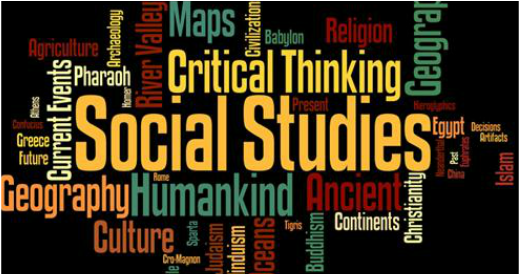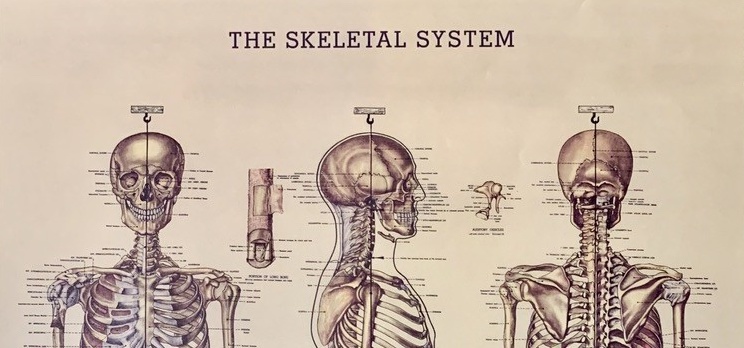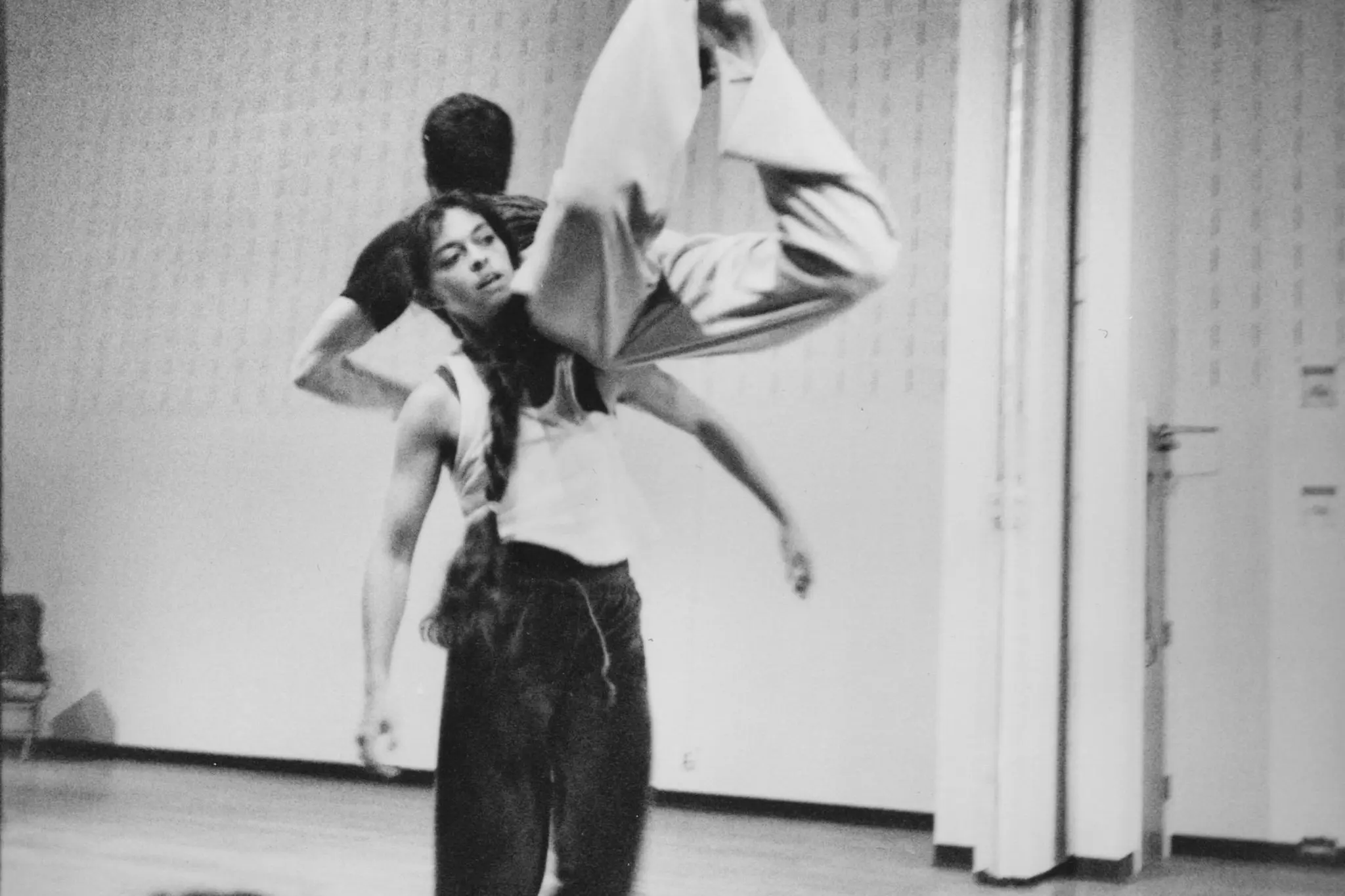
Lewis & Clark Moodle
Search results: 3449

- Teacher: Allison Watkins

- Teacher: Camille Silva
remediate academic skills deficits of school-age
children. Topics include intervention in reading,
writing, math, and general academic interventions,
and direct assessment for academic skills via
curriculum-based measurement.
- Teacher: Madeline Hall
intensive, interactive and practice-dominated
course that utilizes the evidence-based PREPaRE
(Prevent, Reaffirm, Evaluate, Provide and Respond,
Examine) curriculum to help school psychologists
improve and strengthen their school safety and
crisis management plans, respond effectively to
emergency situations, and identify appropriate
evidence-based intervention strategies.
- Teacher: Pamela Vohnson
intensive, interactive and practice-dominated
course that utilizes the evidence-based PREPaRE
(Prevent, Reaffirm, Evaluate, Provide and Respond,
Examine) curriculum to help school psychologists
improve and strengthen their school safety and
crisis management plans, respond effectively to
emergency situations, and identify appropriate
evidence-based intervention strategies.
- Teacher: Pamela Vohnson
- Teacher: Martha Gutierrez
- Teacher: Elena Diamond
- Teacher: Mason Rivers
This course is a 1-credit lab course designed to, be taken in conjunction with SPSY 545. SPSY 545 is, the first of a three-part assessment sequence., SPSY 545 focuses on cognitive and academic, measures. This course is designed to prepare, students to (a) understand and learn the process, of assessment. The course format stresses the, formative evaluation of student progress toward a, criterion of competence. Students are expected to, master the administration, scoring, and basic, interpretation of specific cognitive and, achievement measures to a high level of mastery., Additional training and experience will be, necessary, however, to further develop and refine, skills and to apply them to diverse individuals in, a variety of settings. Students demonstrating, initial competence following this course will be, ready for further training in individual, intellectual assessment in supervised practicum, experiences, but not for unsupervised/independent, practice.
- Teacher: Mason Rivers
- Teacher: Mariana Rocha
- Teacher: Mason Rivers
This course is a 1-credit lab course designed to, be taken in conjunction with SPSY 545. SPSY 545 is, the first of a three-part assessment sequence., SPSY 545 focuses on cognitive and academic, measures. This course is designed to prepare, students to (a) understand and learn the process, of assessment. The course format stresses the, formative evaluation of student progress toward a, criterion of competence. Students are expected to, master the administration, scoring, and basic, interpretation of specific cognitive and, achievement measures to a high level of mastery., Additional training and experience will be, necessary, however, to further develop and refine, skills and to apply them to diverse individuals in, a variety of settings. Students demonstrating, initial competence following this course will be, ready for further training in individual, intellectual assessment in supervised practicum, experiences, but not for unsupervised/independent, practice.
- Teacher: Mariana Rocha
- Teacher: Mariana Rocha
be taken in conjunction with SPSY 545. SPSY 545 is
the first of a three-part assessment sequence.
SPSY 545 focuses on cognitive and academic
measures. This course is designed to prepare
students to (a) understand and learn the process
of assessment. The course format stresses the
formative evaluation of student progress toward a
criterion of competence. Students are expected to
master the administration, scoring, and basic
interpretation of specific cognitive and
achievement measures to a high level of mastery.
Additional training and experience will be
necessary, however, to further develop and refine
skills and to apply them to diverse individuals in
a variety of settings. Students demonstrating
initial competence following this course will be
ready for further training in individual
intellectual assessment in supervised practicum
experiences, but not for unsupervised/independent
practice.
- Teacher: James Alsip
- Teacher: Elena Diamond
- Teacher: Mason Rivers
- Teacher: Mason Rivers
assessment sequence that addresses
psycho-educational, social, emotional, and
behavioral assessment of children and adolescents.
In this course, the focus is on gaining competency
with the skills and tools needed to collect,
interpret, and present data using
psycho-educational assessments involving cognitive
and academic measures.
- Teacher: James Alsip
- Teacher: Mason Rivers
assessment sequence that addresses
psycho-educational, social, emotional, and
behavioral assessment of children and adolescents.
In this course, the focus is on gaining competency
with the skills and tools needed to collect,
interpret, and present data using
psycho-educational assessments involving cognitive
and academic measures.
- Teacher: Cynthia Panko
- Teacher: James Alsip
- Teacher: Jesse Erwin
- Teacher: Mason Rivers
- Teacher: Mason Rivers
- Teacher: Sabrina Josephson
- Teacher: Mason Rivers
evaluation of prevention and intervention programs
for school-age youth in school and community
settings. Students also examine the cultural,
social, psychological, family, and political
factors bearing on children's understanding of and
experiences with alcohol and other drugs.
Prevention and intervention through enhancement of
social competence are presented from
constructivist and ecological-developmental
perspectives with application to individuals and
to small-group and classroom-based settings.
- Teacher: Sabrina Josephson
- Teacher: Jennifer Twyford
- Teacher: Allison Watkins
- Teacher: Jennifer Twyford
- Teacher: Jennifer Twyford
- Teacher: Jennifer Twyford
of consultation and intervention skills, learned
in previous courses, to an education setting.
Focus is on completion of both an academic and a
behavioral school-based consultation case using a
problem-solving consultation model.
- Teacher: Elena Diamond
- Teacher: Sabrina Josephson
- Teacher: Jennifer Twyford
- Teacher: Jennifer Twyford
- Teacher: Jennifer Twyford
of consultation and intervention skills, learned
in previous courses, to an education setting.
Focus is on completion of both an academic and a
behavioral school-based consultation case using a
problem-solving consultation model.
- Teacher: Jennifer Twyford
A Colloquium is an academic seminar on a broad, field of study, usually led by a different, lecturer at each meeting. This Colloquium will be, focused on the broad field of School Psychology,, and all candidates across all three cohorts of, the school psychology program are required to, attend in order to address, together, relevant, topics of the profession that concern us all. The, Colloquium meets four times per academic year,, with a different topic as the focus for each, meeting. These four topics include: 1) Issues in, Practicum and Internship Supervision; 2), Variations of the Practice of School Psychology;, 3) Alumni Relations and Mentorship; and 4), Cross-Professional Collaboration. The School, Psychology Colloquium challenges school, psychology candidates to address issues of, concern across all three cohorts while, simultaneously providing mentorship across these, cohorts through conversation, guidance, and, shared information. Course goals for participants, include: a. Engaging with the data, research and, theory regarding topics of shared concern in the, field of school psychology b. Gaining an, understanding of the practices of mentorship,, supervision and on-going professional development, in the field of school psychology c. Gaining an, understanding of the variation and different, forms of practice within the field of school, psychology at the local, national and, international level. d. Engaging with related, professionals in the field of education regarding, topics of shared concern in an effort to better, differentiate and integrate as working, professionals.
- Teacher: Elena Diamond
- Teacher: Kate Jaspers
- Teacher: Peter Mortola
A Colloquium is an academic seminar on a broad, field of study, usually led by a different, lecturer at each meeting. This Colloquium will be, focused on the broad field of School Psychology,, and all candidates across all three cohorts of, the school psychology program are required to, attend in order to address, together, relevant, topics of the profession that concern us all. The, Colloquium meets four times per academic year,, with a different topic as the focus for each, meeting. These four topics include: 1) Issues in, Practicum and Internship Supervision; 2), Variations of the Practice of School Psychology;, 3) Alumni Relations and Mentorship; and 4), Cross-Professional Collaboration. The School, Psychology Colloquium challenges school, psychology candidates to address issues of, concern across all three cohorts while, simultaneously providing mentorship across these, cohorts through conversation, guidance, and, shared information. Course goals for participants, include: a. Engaging with the data, research and, theory regarding topics of shared concern in the, field of school psychology b. Gaining an, understanding of the practices of mentorship,, supervision and on-going professional development, in the field of school psychology c. Gaining an, understanding of the variation and different, forms of practice within the field of school, psychology at the local, national and, international level. d. Engaging with related, professionals in the field of education regarding, topics of shared concern in an effort to better, differentiate and integrate as working, professionals.
- Teacher: Elena Diamond
- Teacher: Jennifer Twyford
- Teacher: Elena Diamond
- Teacher: Elena Diamond
- Teacher: Elena Diamond
Didactic class instruction, practicum placement,, and clinical training related to work as a, professional school psychologist. Covers the, application of psychological therapies with, children, adolescents, and families in educational, settings, as well as skills involved in collecting, data for consultation and assessment at the, practicum site. Foci will include the development, and application of diversity awareness and, knowledge including systems of power and, privilege; awareness of one's own beliefs, biases,, and prejudices; and methods/skills for working, with those who are diverse in culture, race,, ethnicity, gender, age, sexual orientation, or, physical or mental ability. In weekly seminars,, students review research, theory, and practice., Students also present audio and/or video, recordings of their counseling for supervisory, review.
- Teacher: Elena Diamond
- Teacher: Colleen Hanson
- Teacher: Elena Diamond
- Teacher: Elena Diamond
- Teacher: Elena Diamond
- Teacher: Cynthia Panko
- Teacher: Akanee Siyufy
- Teacher: Mariana Rocha
may obtain a course description from the
department office or website.
- Teacher: Cynthia Panko
functions of school psychologists. Readings in
contemporary issues and historical events provide
the foundation for graduate preparation in school
psychology. Students observe the work of school
psychologists and discuss the profession in a
seminar format. This course is a practicum in
school-based systems, and includes overviews of
the theories and practices for school-based
emotional, behavioral, social, and academic
change.
- Teacher: Jennifer Twyford
- Teacher: Jennifer Twyford
- Teacher: Shanna Davis
issues for school psychologists in mental health
and school settings. Students develop skills in
counseling, consultation, assessment, and
intervention planning.
- Teacher: Elena Diamond
- Teacher: Elena Diamond
- Teacher: Allison Watkins
productive behaviors. Emphasis on behavior change
procedures, procedures for completing a functional
behavior assessment (FBA) and a behavior
intervention plan (BIP), and research-based
interventions for behavior change in schools.
- Teacher: Allison Watkins
remediate academic skills deficits of school-age
children. Topics include intervention in reading,
writing, math, and general academic interventions,
and direct assessment for academic skills via
curriculum-based measurement.
- Teacher: Allison Watkins
- Teacher: Kayla Hartman
assessment sequence that addresses
psycho-educational, social, emotional, and
behavioral assessment of children and adolescents.
In this course, the focus is on gaining competency
with the skills and tools needed to collect,
interpret, and present data using
psycho-educational assessments involving cognitive
and academic measures.
- Teacher: Kayla Hartman
- Teacher: Bich Do
- Teacher: Sabrina Josephson
- Teacher: Beth Merrill
- Teacher: Cari Zall
- Teacher: Timothy Graham
This course presents a study of United States history through the lens of major constitutional cases, issues, and debates. Topics will include, but are not limited to: equal protection, voting rights and disenfranchisement, due process, privacy and security, and free speech. These constitutional issues will be placed into their historical context and examined for their connections and relevance to current and emerging topics.
Description of Instructional Approach/Pedagogy:
The instructional approach is threefold: 1) Provide content knowledge; 2) Model teaching strategies; 3) Create and workshop curriculum. The course will emphasize social justice education. Based in the principles of Rethinking Schools, the course will focus on employing pedagogy that is grounded, critical, multicultural, anti-racist, participatory, experiential, hopeful, activist, academically rigorous, culturally sensitive, and honest. The parallel to this will be an introduction to historiography and an introduction to dialectical materialism as a framework for thinking critically about history.
- Teacher: Timothy Graham

- Teacher: Cari Zall
- Teacher: Jessica Daniel
- Teacher: Jules Tri
- Teacher: Miriam Coe

Demonstration for submitting work in Moodle.
- Teacher: Educational Technology Administrator
- Teacher: Miranda Carney-Morris
This is a Moodle course shell for a question bank.
- Teacher: Sidra Kamran
readings, and discussion to explore structural and
functional aspects of the body and anatomy with
the goal of increasing efficiency of movement and
physical coordination. Use of imagery supports
dynamic alignment, breath, mobility/stability,
relaxation, and partner work including massage,
with a main focus on the skeletal system and
elements of muscle and organ systems, as well as
the relationship between the body and
psychological/emotional patterns. Extensive
journal writing.
- Teacher: Susan Davis
- Teacher: Susan Davis
- Teacher: Susan Davis
- Teacher: Susan Davis
- Teacher: Eric Nordstrom
- Teacher: Susan Davis

- Teacher: Eric Nordstrom

readings, and discussion to explore structural and
functional aspects of the body and anatomy with
the goal of increasing efficiency of movement and
physical coordination. Use of imagery supports
dynamic alignment, breath, mobility/stability,
relaxation, and partner work including massage,
with a main focus on the skeletal system and
elements of muscle and organ systems, as well as
the relationship between the body and
psychological/emotional patterns. Extensive
journal writing.
- Teacher: Eric Nordstrom
readings, and discussion to explore structural and
functional aspects of the body and anatomy with
the goal of increasing efficiency of movement and
physical coordination. Use of imagery supports
dynamic alignment, breath, mobility/stability,
relaxation, and partner work including massage,
with a main focus on the skeletal system and
elements of muscle and organ systems, as well as
the relationship between the body and
psychological/emotional patterns. Extensive
journal writing.
- Teacher: Susan Davis
Use of guided movement explorations, partner work,, readings, and discussion to explore structural and, functional aspects of the body and anatomy with, the goal of increasing efficiency of movement and, physical coordination. Use of imagery supports, dynamic alignment, breath, mobility/stability,, relaxation, and partner work including massage,, with a main focus on the skeletal system and, elements of muscle and organ systems, as well as, the relationship between the body and, psychological/emotional patterns. Extensive, journal writing.
- Teacher: Eric Nordstrom

- Teacher: Eric Nordstrom
- Teacher: Susan Davis
- Teacher: Eric Nordstrom

- Teacher: Eric Nordstrom

readings, and discussion to explore structural and
functional aspects of the body and anatomy with
the goal of increasing efficiency of movement and
physical coordination. Use of imagery supports
dynamic alignment, breath, mobility/stability,
relaxation, and partner work including massage,
with a main focus on the skeletal system and
elements of muscle and organ systems, as well as
the relationship between the body and
psychological/emotional patterns. Extensive
journal writing.
- Teacher: Eric Nordstrom
- Teacher: Eric Nordstrom
- Teacher: Margretta Hansen
physicalization, text analysis, objectives and
actions, rehearsal techniques. Development of
skills through class exercises and the rehearsal
and performance of short projects and
two-character scenes. Writing assignments
including script analyses, character biographies,
peer reviews, performance reviews, observation
exercises, journals.
- Teacher: Cristi Miles
- Teacher: Stepan Simek
- Teacher: Stepan Simek
- Teacher: Stepan Simek
- Teacher: Rebecca Lingafelter
Acting I Fundamentals will introduce theatre majors and non-majors to the fundamental vocabulary, concepts, and skills, to thrive onstage and off. The class will include observation and awareness of the self and of others, movement techniques, introduction to the use of the voice, working in ensemble, and finally bringing text alive. Through a series of exercises, self-observation, improvisation, written assignments, text analysis, rehearsal and performance, this class will serve the as the foundation for an in-depth examination of yourself, and your creative expression. We will work on developing awareness, acceptance, and through that, creative expression, both for making compelling performance and for use in the act of living.
Student Learning Objectives:
Over the course of the semester, successful students will:
Develop skills for self- expression through rehearsal and performance.
Apply movement techniques for grounded presence and awareness.
Cultivate willingness and readiness to take artistic risks.
Analyze a script utilizing the method of physical action, defining given circumstances, objective, obstacle, actions, relationship, and character.
Analyze and critique performance through observation, practice, in-class discussion, and written reflection.
Create performance by oneself, in partnership and in ensemble.
Experience performance through attending performances within the LC community and the Portland professional theatre community.
- Teacher: Cristi Miles
- Teacher: Stepan Simek
- Teacher: Stepan Simek

- Teacher: Cristi Miles
- Teacher: Stepan Simek

- Teacher: Eric Nordstrom

- Teacher: Eric Nordstrom